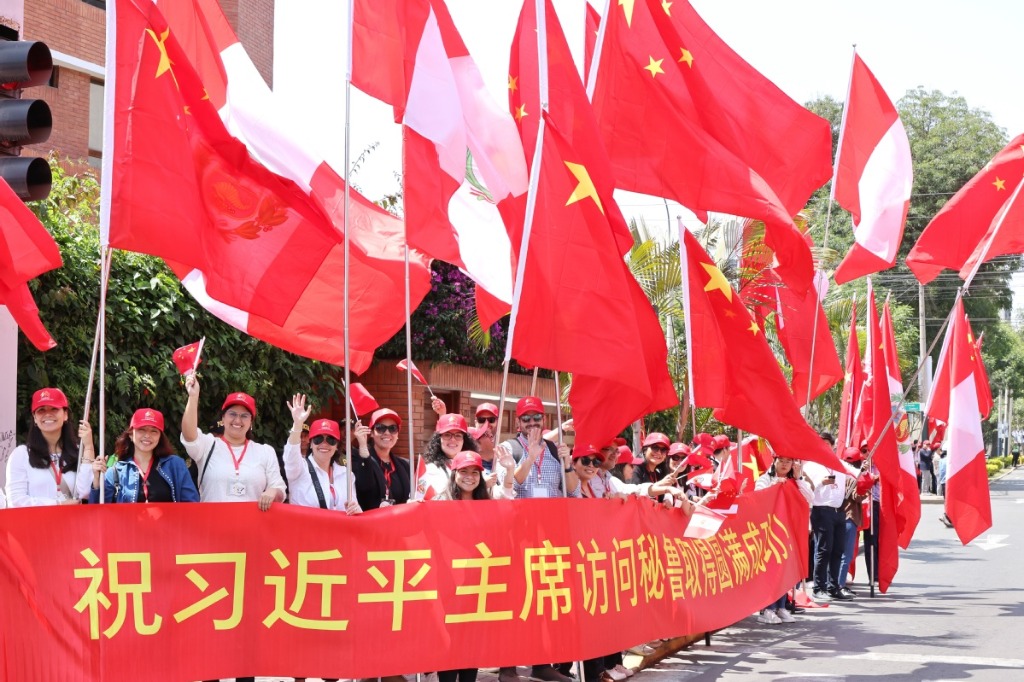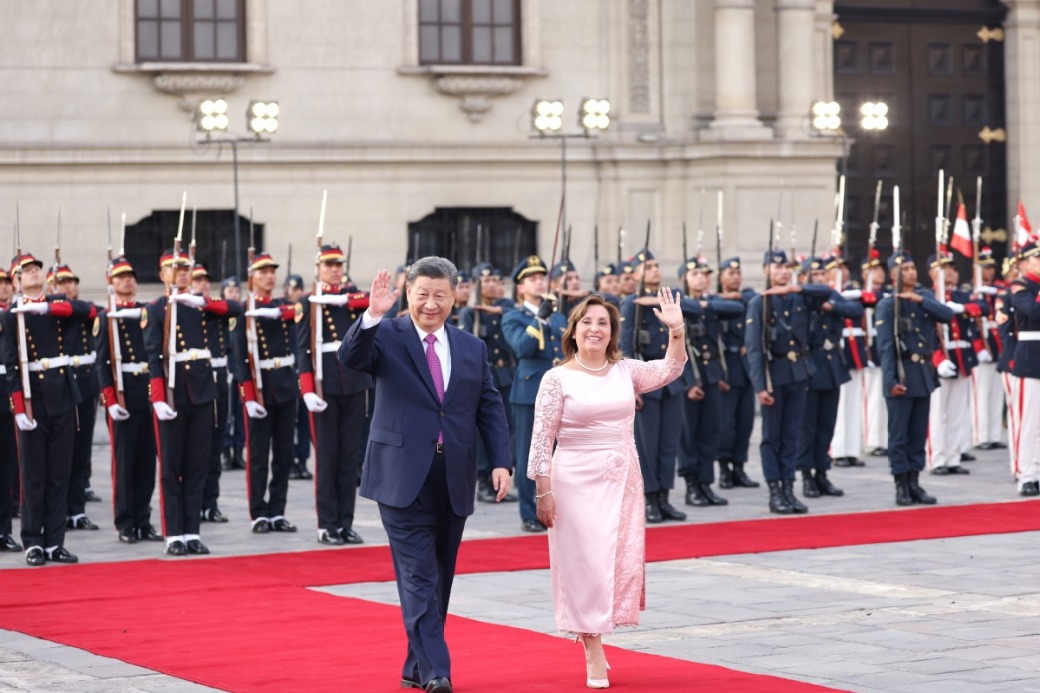EU should 'stop sowing discord' in South China Sea: Chinese spokesperson
Xinhua | Updated: 2021-04-25 07:43

BRUSSELS -- Security risks in the South China Sea mainly come from outside the region, a spokesperson of the Chinese Mission to the European Union (EU) said Saturday, urging the EU to stop sowing discord.
"The South China Sea should not become a tool for certain countries to contain and suppress China, still less a wrestling ground for major-power rivalry," said the spokesperson.
The comments came in response to a statement issued by the European External Action Service (EEAS) earlier Saturday. The EU's diplomatic service claimed that tensions in the region, "including the recent presence of large Chinese vessels at Whitsun Reef," endanger peace and stability.
The EEAS statement also recalled the "South China Sea arbitration" in 2016.
The Chinese Mission spokesperson said that Niu'E Jiao Reef (Whitsun Reef) is part of China's Nansha Islands, and the reef and its adjacent waters have always been important operating areas and shelters for Chinese fishing boats.
"Chinese fishing boats are recently operating in the area and sheltering from wind, which is reasonable and lawful," said the spokesperson. "How come does it endanger regional peace and stability?"
"We have reiterated on various occasions that China's sovereignty and rights and interests in the South China Sea are formed in the long course of history and are consistent with international law," the spokesperson said.
The spokesperson noted that the so-called Arbitral Tribunal on the South China Sea was established on the basis of illegal acts and claims of the Philippines. "It has no legitimacy and the award it issued is null and void. China does not accept or recognize the award, and firmly rejects any claims or actions based on the award."
Commenting on the EU Strategy for Cooperation in the Indo-Pacific, which was proposed by the EU on Monday, the spokesperson pointed out that the current situation in the South China Sea is on the whole stable.
China maintains close communication on relevant issues with countries in the region, including the Philippines, said the spokesperson, adding that countries in the region and beyond have in recent years seen clearly that "the destabilizing factors and security risks in the South China Sea mainly come from outside the region."
The spokesperson urged the EU "to respect the efforts of countries in the region in properly addressing differences and maintaining stability in the South China Sea, and to stop sowing discord."
























